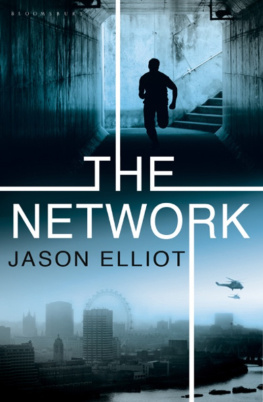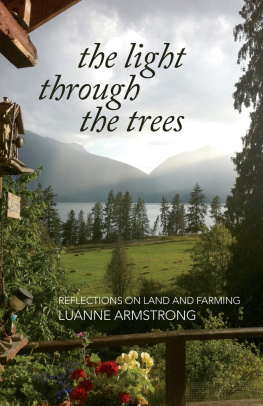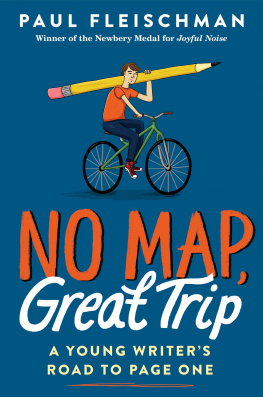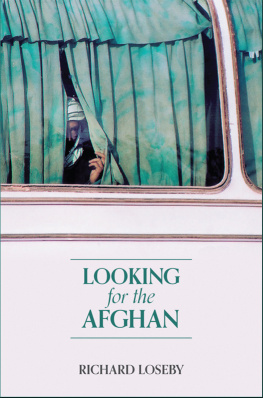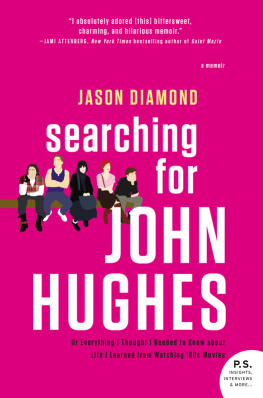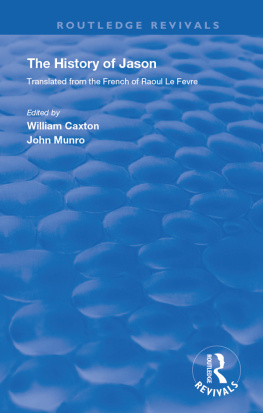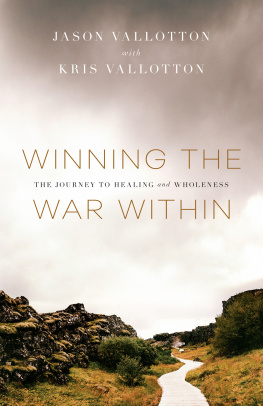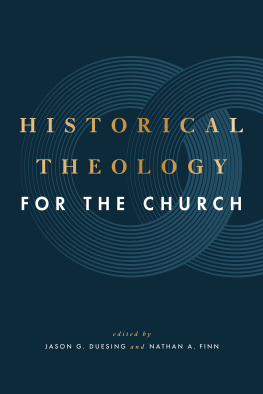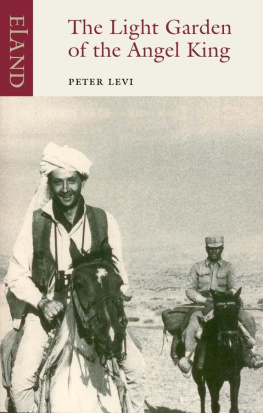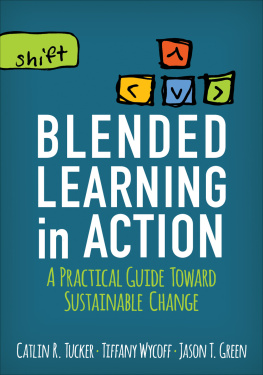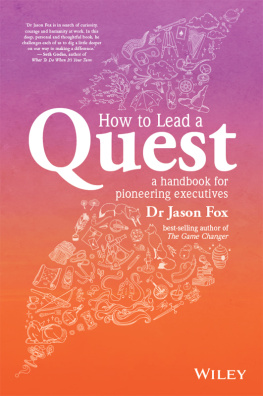Jason Elliot - Unexpected Light
Here you can read online Jason Elliot - Unexpected Light full text of the book (entire story) in english for free. Download pdf and epub, get meaning, cover and reviews about this ebook. year: 2011, publisher: Picador Paper, genre: Art. Description of the work, (preface) as well as reviews are available. Best literature library LitArk.com created for fans of good reading and offers a wide selection of genres:
Romance novel
Science fiction
Adventure
Detective
Science
History
Home and family
Prose
Art
Politics
Computer
Non-fiction
Religion
Business
Children
Humor
Choose a favorite category and find really read worthwhile books. Enjoy immersion in the world of imagination, feel the emotions of the characters or learn something new for yourself, make an fascinating discovery.

- Book:Unexpected Light
- Author:
- Publisher:Picador Paper
- Genre:
- Year:2011
- Rating:5 / 5
- Favourites:Add to favourites
- Your mark:
- 100
- 1
- 2
- 3
- 4
- 5
Unexpected Light: summary, description and annotation
We offer to read an annotation, description, summary or preface (depends on what the author of the book "Unexpected Light" wrote himself). If you haven't found the necessary information about the book — write in the comments, we will try to find it.
With a New Afterword by the Author
Part travelogue, part historical evocation, part personal quest, and part reflection on the joys and perils of passage, this acclaimed synthesis of description and insight remains as relevant today as when it first appeared. Jason Elliots An Unexpected Light is a remarkable, poignant book about Afghanistan and a heartfelt reflection on the experience of travel itself.
Unexpected Light — read online for free the complete book (whole text) full work
Below is the text of the book, divided by pages. System saving the place of the last page read, allows you to conveniently read the book "Unexpected Light" online for free, without having to search again every time where you left off. Put a bookmark, and you can go to the page where you finished reading at any time.
Font size:
Interval:
Bookmark:
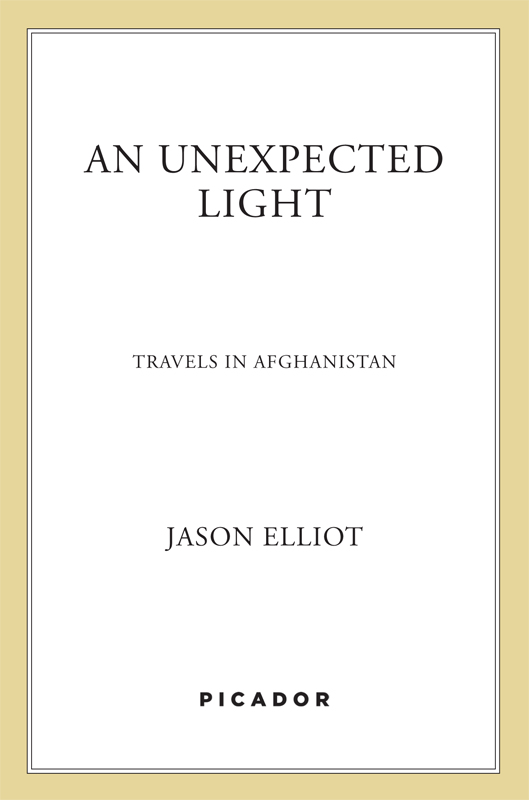

The author and publisher have provided this e-book to you for your personal use only. You may not make this e-book publicly available in any way. Copyright infringement is against the law. If you believe the copy of this e-book you are reading infringes on the authors copyright, please notify the publisher at: us.macmillanusa.com/piracy.
Contents
T O MY M OTHER AND F ATHER
for showing me which way the oxen go


Acknowledgements
To the many Afghans who showed such kindness and hospitality to a burdensome guest under the most difficult conditions, including those whose names I have disguised or cannot mention, I owe a debt impossible to repay in words.
Late but sincere thanks are due to Peter Stocker and the staff of the ICRC at the time of my visit to Afghanistan; to Tim Johnston and to Ropate; to the members of my family who eased in various ways the different challenges of writing this book; to a small number of incorrigably faithful friends; to Doris and Peter Lessing and the late Butchkin for allowing me to share their home at a crucial juncture; to former travellers from whose works I have drawn strength; to David Godwin and the editorial team at Picador, especially Peter Straus and Richard Milner; and to Claudia, for more than I can say.
A Note on Languages
The lingua franca of Afghanistan is Dari, the Afghan version of Persian (sometimes called Farsi), though over a third of the population, predominantly in the southern portion of the country, speaks Pashtu. Both belong to the Indo-European family of languages. Within the country as a whole as many as forty other languages are spoken.
Persian uses a modified form of the Arabic script, along with many assimilated Arabic words. There are a number of Persian words in this book, as well as a few Arabic terms, the pronunciation of which are not accurately conveyed by English spelling. Since this is not a technical work, I have aimed in transcription for a reasonable degree of consistency which will make sense to people familiar with the language and not weigh down those who are not.
Frequently used names such as Kabul, Herat and even Afghanistan (which in the country doesnt sound much like the English version) have been Anglicized. But Persian has three long vowel sounds (as well as a few tricky consonants) distinct enough to deserve their own characters. These are the long a sound (as in barn), the long i (as in beet), and the long u (as in boot). To distinguish them from their short counterparts in English they are represented in the text by the characters , and respectively.


The repentance of the common man is for his sins; the repentance of the elect, for their heedlessness.
Dhl-Nun Misri (d. 860)
Can you walk on water? You have done no better than a straw.
Can you fly through the air? You are no better than a gnat.
Conquer your heart then you may become somebody.
Khwja Abdullah Ansri of Herat (10051090)
MULLA NASRUDDIN : I have met the king, and he spoke to me!
VILLAGERS : Incredible!
THE VILLAGE IDIOT : What did he say?
MULLA NASRUDDIN (whispering): He said: Get out of my way!
Wiltshire, England
Dear Ropate,
So much has happened in that part of the world where our paths first crossed that its hard not to think of our time there, and of the time in which it was contained, as an island, now submerged. Perhaps the same is true of any journey you begin to look back on. But if comfort and distance have given this recollection of events the flavour of a tide-borne dream, the essential trouble remains. Once snared, as you so well know, one never fully leaves; a portion of ones heart is forever woven into the fabric of that place.
Here as promised is the account of the journey on which we met: an incomplete attempt to be true to that time. I have not been able to find any other way, given the nature of that journey, than to make it very personal. If what follows is now hampered by the clumsy thud of description, the recollection behind it is both fleet and fond. I need hardly say how much I cherish the memory, among many others, of our midnight strolls through the moon-silvered streets of the capital, or those light-filled days spent dreaming of the unclimbed summits of the Wakhn. Not only because to repeat such luxuries is for the moment so unthinkable, but because it was then, and with such satisfaction, that I discovered I was not the only outsider to have felt so at home among strangers, or so at peace amid the curious exigencies of war.
You ask me how the whole thing began. I am not sure if it is right or even possible to begin at the beginning. There are two reasons. One is that Im reluctant to slow down the process with the weight of reminiscence. Im as curious as you about what originally set things in motion, but now that this albatross is finally ready to be flung overboard, it seems hardly to matter. The other is this: a seed, once it begins to grow, breaks from the shell that enclosed it and is lost its hard to find lasting traces. Ive come to the conclusion that journeys are sparked from small and unlikely things rather than grand convictions; small things that strike a note which resonates beyond earshot of the rational. They wait quietly for the season of their birth until some correspondence in the visible world falls eventually into place, and after that, neither love nor money has much to do with it.
Did you ever read Thesiger, who, when the desert summers of Iraq got too hot, would tramp through the Hindu Kush and the Afghan Hazrajat for the pleasure of it? He put his wanderlust down to the thrill of seeing, at the age of three, his father shoot an Abyssinian oryx.
What would ye, ladies? It was ever thus.
Men are unwise and curiously planned.
This from one of your favourites, Flecker.
Ive never seen an oryx, and admit I hadnt even discovered Kipling at the time of my first visit. In fact Id read next to nothing about Afghanistan, which makes the impulse for that first journey seem so obscure. But theres one book I had read which brings me to the oxen.
Perhaps I never told you.
If I must look for a beginning, I have to go back to when I was twelve years old, my mind spinning from a turn-of-the-century account Id just read of an explorers travels through what was then Turkestan, to which the northern portion of what is now Afghanistan belonged. The names meant very little to me then, but I felt the living image of them nonetheless, and longed to know if the descriptions I had read were real. In this spirit I had asked my father if he would be able to find such places.
Perhaps, he had mused. Then added, enigmatically: I know which way the oxen go.
My imagination vaulted at this improbable intimation: the oxen! And a man, watching and waiting
From then on I didnt have to try too hard to see, somewhere in a high and tangled tributary of the Paropamisus range, a man lying in wait beneath the incandescent lapis dome of a central Asian noon, watching from his hiding place a shimmering trail in the valley far below. I had followed him there in my minds eye, in disguise, from the desert shores of the Amu Darya to the forests of Kafiristan, along a route of great hardship, danger and, I fancied, unutterable solitude. It led over wind-haunted passes where there was no sound but the fluttering of votive pennants tied to withered sticks, through echoing gorges on a raft buoyed by inflated skins, and across slatted bridges no wider than a man, which swung, horribly high, over furious mountain torrents.
Font size:
Interval:
Bookmark:
Similar books «Unexpected Light»
Look at similar books to Unexpected Light. We have selected literature similar in name and meaning in the hope of providing readers with more options to find new, interesting, not yet read works.
Discussion, reviews of the book Unexpected Light and just readers' own opinions. Leave your comments, write what you think about the work, its meaning or the main characters. Specify what exactly you liked and what you didn't like, and why you think so.

